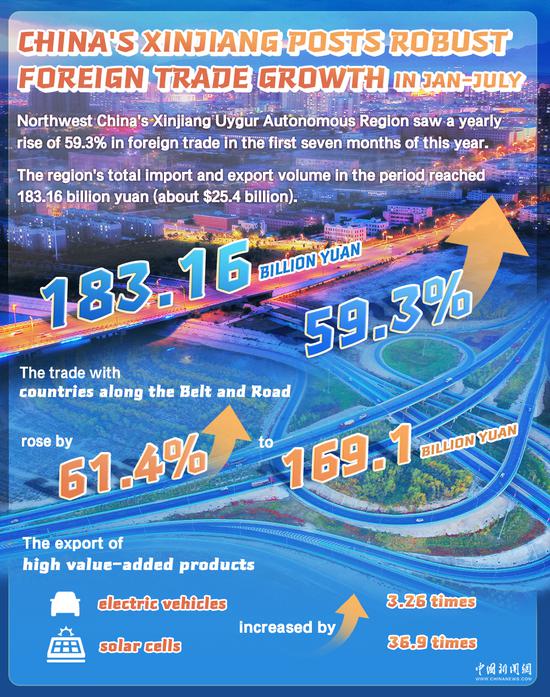Chinese authorities on Tuesday announced tax breaks for individuals and institutions that invest in overseas-listed innovative firms' Chinese depositary receipts (CDRs), as part of the nation's ongoing efforts to support the return of overseas-listed Chinese technology companies amid the fast-changing global geo-economic situation.
The move aims to continuously support China's innovation-driven development strategy and further implement the country's pilot program to support innovative companies' domestic listing and issuance of CDRs, according to a notice from the Ministry of Finance, the State Taxation Administration and the China Securities Regulatory Commission (CSRC).
The tax benefits will be available from September 21, 2023 to December 31, 2025.
For domestic individuals, any profit made on the transfer of the CDRs will be tax-exempt in China. Any taxes paid overseas on dividends will be credited by the Chinese authorities.
Domestic corporate investors needn't pay taxes in China on profits from the transfer of the CDRs, as well as dividends and bonuses obtained by holding the CDRs.
Similar exemptions apply to other institutional investors such as public equity funds.
Both individual and institutional investors will also be exempt from value-added tax. In terms of stamp duty, when the CDRs are transferred to the Shanghai and Shenzhen stock exchanges, the transferor will pay stamp tax at a rate of 1 percent of the actual transaction amount.
"Recently, many policy measures have been taken to revitalize the capital market, which have addressed concerns in the market and will likely boost confidence," Yang Delong, chief economist at Shenzhen-based First Seafront Fund Management Co, told the Global Times, noting that more measures are expected to follow in order to stabilize market expectations.
The notice on Tuesday said that the move aims to continuously implement the pilot program to support the domestic issuance of innovative firms' CDRs. China started the pilot program in 2018, in a bid to pave the way for the domestic flotation of overseas-listed Chinese tech giants.
The pilot program will cover companies in the high-tech or strategic emerging industries such as the digital economy, big data, cloud computing, artificial intelligence, software and integrated circuits, as well as high-end equipment manufacturing and biological medicine, the CSRC said at the time.
The pilot program comes as the US has taken a series of crackdown measures against Chinese tech firms and US-listed Chinese companies, as part of its decoupling and containment attempts.
Tuesday's tax breaks also come as China moves swiftly to revitalize the stock market. The CSRC on Friday announced a range of policies aimed at boosting the stock market, including cutting transaction fees, vigorously developing equity funds and considering a "green channel" for tech firms that aim for breakthroughs in core technologies.
On Tuesday, Chinese mainland stocks edged slightly higher, with the Shanghai Composite Index up 0.88 percent and the Shenzhen Component Index up 0.53 percent.
In Hong Kong, the Hang Seng Index gained 0.95 percent, while the Hang Seng Tech Index rose by 1.98 percent.


















































 京公网安备 11010202009201号
京公网安备 11010202009201号